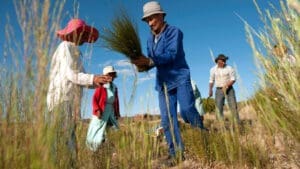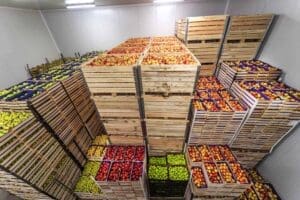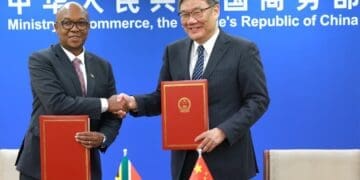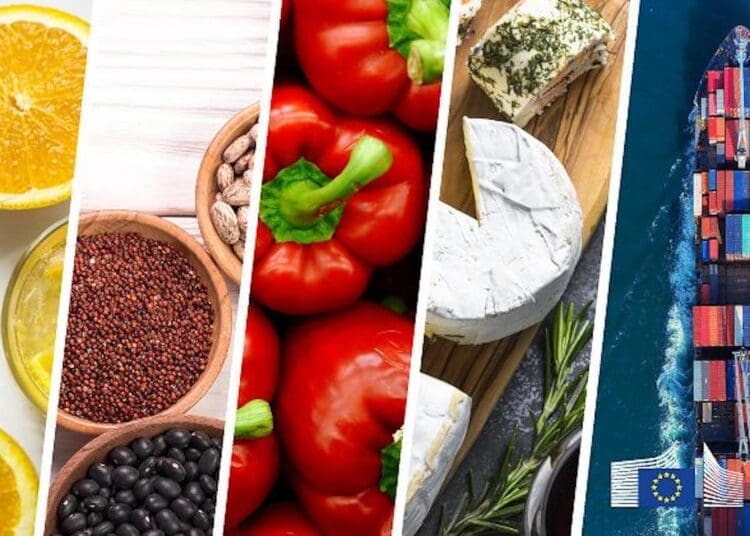By: Anna Majavu
The playing field has not yet been levelled for black-owned SMMEs who export agricultural products to the European Union and the United Kingdom duty-free. South Africa has trade agreements with the EU and the UK that allow certain agricultural products to enter these countries at reduced or no duties or partially duty-free rates under preferential Tariff Rate Quotas.
Businesses that apply for one of the quotas to export agricultural and agri-processed products can only do so if they have an export permit from the government. Rapport newspaper reported on the weekend that new rules gazetted by the Department of Agriculture, Land Reform, and Rural Development would exclude white farms from exporting to EU or UK markets if they failed to meet Broad-Based Black Economic Empowerment requirements. If this were true, black-owned SMMEs would have stood a greater chance of being awarded an export permit.
But Agriculture, Land Reform, and Rural Development Minister Thoko Didiza said this week that there was nothing new about the department’s latest requirements. “There is no threshold or level that an applicant must reach to be awarded a permit. The B-BBEE status of the applicant is but one factor that must be considered in conjunction with all other factors,” she said. Didiza added that businesses with annual turnovers of less than R10 million were already “exempted microenterprises” and deemed to have level four B-BBEE status under the AgriBEE Sector Code, whether they had any black ownership or not.
Only large enterprises with an annual turnover of more than R50 million have to undergo B-BBEE verification, and this is not new. This means that white SMME farmers with a turnover of less than R10 million per year can still apply for and be granted an export permit, leaving black SMME farmers no longer advantaged.
Black SMME farmers who want to export dairy products, sugar, juices, nuts, jam, grapes, and wine are no better off than they ever were and will still have to compete with white-owned businesses to get the permits. “Unresolved land issues and access to finance are pressing problems. Until these have been adequately addressed, the possibility of SMME black farmers entering global markets will remain bleak,” trade analyst and researcher Woody Aroun told Vutivi News.
South African agricultural producers exported R260 billion worth of products globally in 2022, with 24% being exported to the EU and the UK. It was added that the government could focus on ensuring that SMMEs filled the currently underutilised quotas for agricultural products. Johannesburg-based XA Global Traders listed some of those products this week as apple juice, active yeast, skimmed milk powder, natural butter, and sweetened, cooked strawberries.

































































